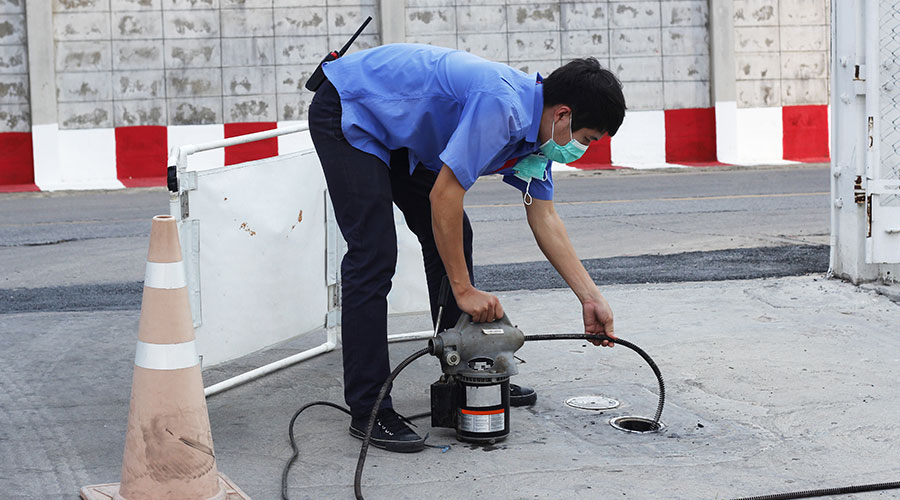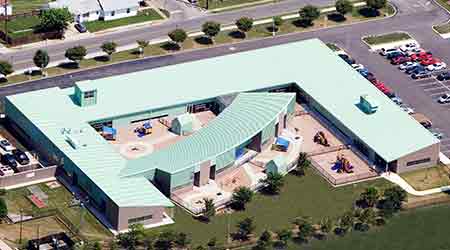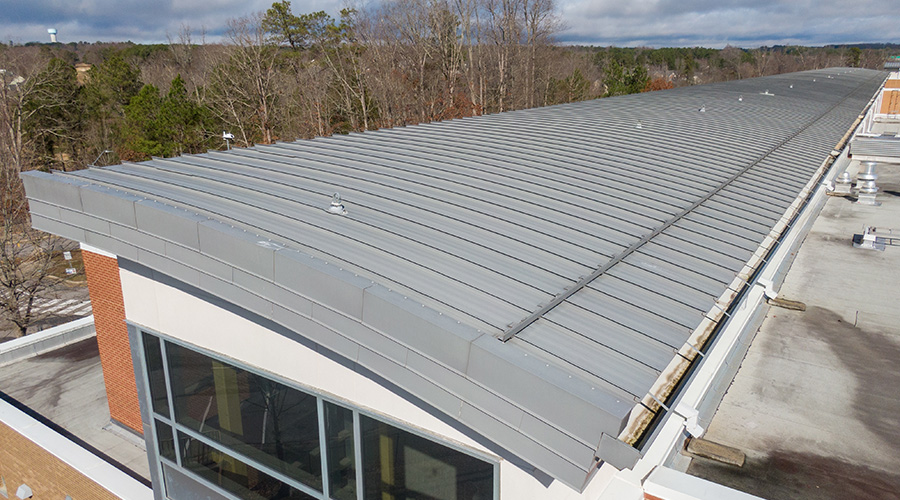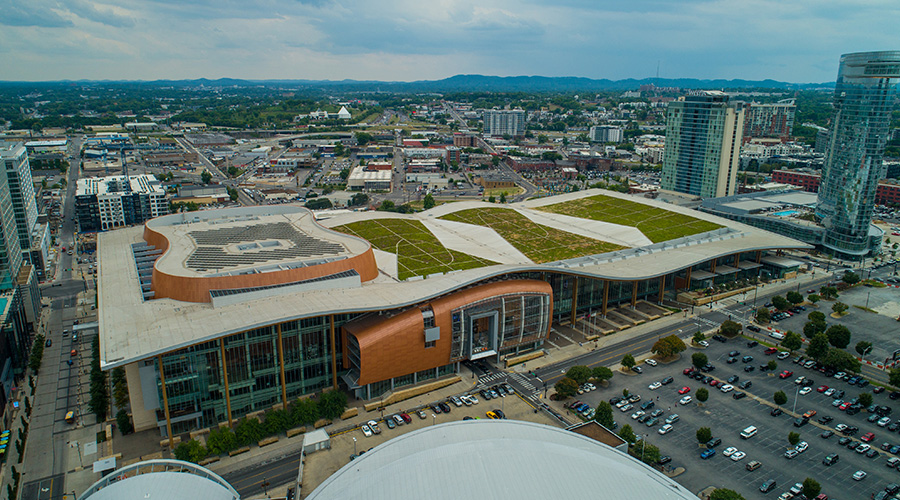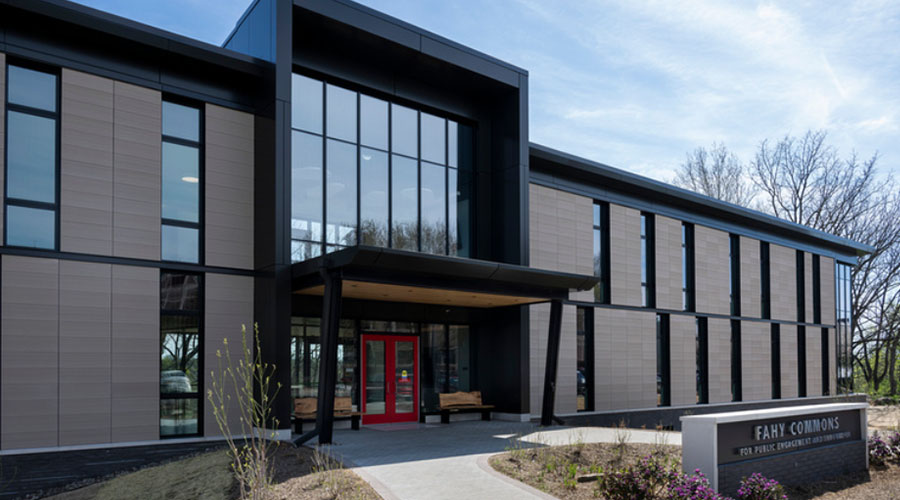7 Myths About Roof Coatings
Part 1 of a 4-part article on roof coating myths
Many maintenance and engineering managers have been misled about fluid-applied roof coating systems and have developed a series of myths and misconceptions as a result. These misconceptions often are far-fetched, and some are even the result of misleading salespeople.
Complicating the situation are the varying views and experiences of managers and building owners in institutional and commercial facilities. To some managers, a roof is the most foreign building component in their facilities for which they are responsible.
Some managers might only have to make a roof replacement-or-restoration decision once in their careers, and it can be the most complex project they will ever take on. They also might not ever have set foot on their roofs, even though it might have outlasted every other building component.
They also might not ever have set foot on their roofs, even though it might have outlasted every other building component.
The cost of tearing off and replacing a roof system can be staggering. Even restoring a roof at one-half of the cost of replacement can be more than enough to give a manager a major headache.
For all of these reasons, it is important that managers address their myths and misconceptions by better understanding important issues related to coating specification, installation and maintenance.
Myth: Coatings don’t work
Yes, roof coatings work. When installed properly, some fluid-applied systems are as good as or even better than the original roof.
On commercial low-slope roofs, the ultraviolet (UV) stability of systems silicone coating systems are unmatched.
For durability, urethane coating systems have stood the test of time and have proven able to withstand ponding water when applied appropriately. Hybrid systems that use two different chemistries that complement each other’s physical properties have become desirable because they offer the extra protection needed when using silicone.
Many manufacturers offer 10-, 12-, 15-, and even 20-year system warranties. This is an important issue when it comes to extending the performance and service life of roof systems.
Related Topics:







